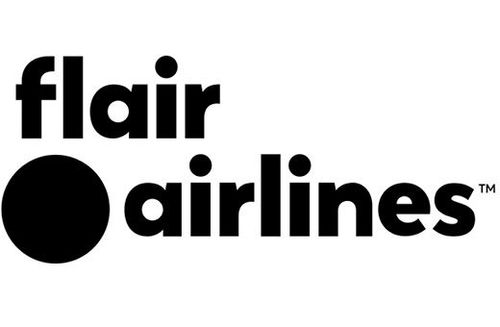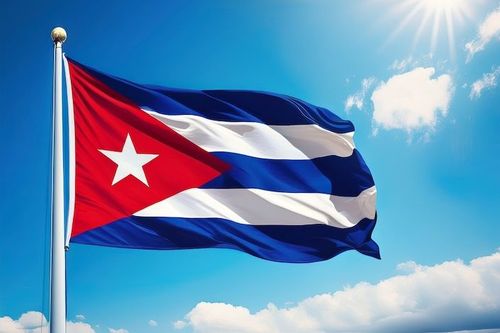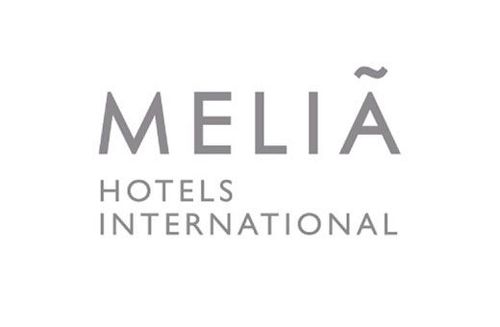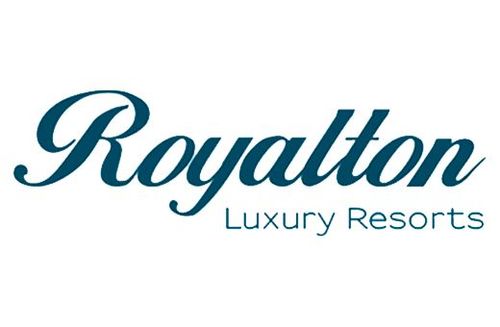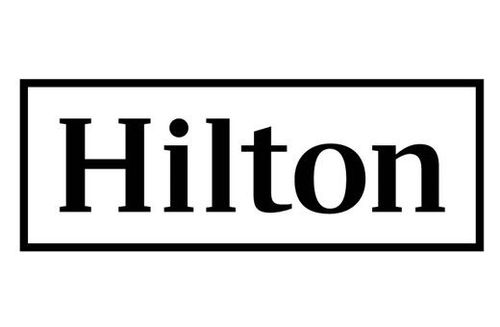Where travel agents earn, learn and save!
News / Flair Airlines CEO hopes to bid on some Lynx planes after shutdown scuttles deal
Flair seeks inclusion in bidding for Lynx Air's assets in Edmonton court filing
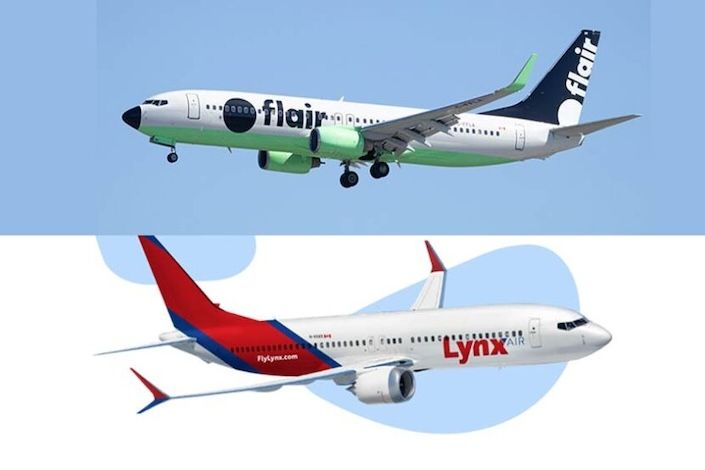
Flair Airlines chief executive Stephen Jones says he still hopes to add several Lynx Air planes to his fleet, even after their tentative merger fell through when Lynx shut down last month.
In a phone interview, Jones said the Boeing 737 Max 8s are the same model that comprise the bulk of his 20-plane fleet and would bolster the discount airline’s stalled growth plans.
In an Edmonton court filing, Flair’s chief executive sought to have Lynx include it among those allowed to bid on the insolvent airline’s assets.
The court-supervised asset sale currently before the judge — who must approve the process — could lead to a “highly anti-competitive result” if large airlines are allowed to bid while Flair is locked out, according to an affidavit from Jones.
Any process that gives Lynx the final say — which selects the “pre-qualified bidders” — over who can submit offers “unfairly prejudice” the sole remaining budget carrier in the Canadian market, the document argues.
Court filings state that Lynx has $345 million in property and equipment, with nine leased planescounted as assets, alongside $355 million in long-term lease liabilities.
Some observers question whether Flair has the financial stability to mount a serious bid, especially as consumers’ travel appetite levels off amid higher interest rates and inflation.
The cost of any planes transferred to a new lessor may be higher than those enjoyed by Lynx, which ordered 46 of them when prices were low during the COVID-19 pandemic.
The market lease rate of a new 737 Max 8 has increased to more than $540,000 per month from roughly $350,000 per month four years ago, according to consulting firm IBA.
As of November, Flair owed the federal government $67.2 million in unpaid taxes related to import duties on the 20 Boeing jets that make up Flair’s fleet.
Last March, the Edmonton-based company saw four of its planes repossessed in the middle of the night after aircraft leasing manager Airborne Capital claimed the company regularly missed rent payments that amounted to millions of dollars over the preceding five months.
In response, Flair launched a $50-million court action against Airborne and three other leasing firms, arguing that ongoing demands for payment from the four companies were “baseless.”
Last week, Calgary-based Lynx became the latest casualty in a long line of low-cost airlines to bite the tarmac dust, shutting down on Feb. 26, a few days after receiving creditor protection and less than two years after launching its first flight.
The closure eliminated a small slice of competition from the airline landscape, with fewer options for customers where Lynx was the only ultra-low-cost carrier in certain markets, such as Fredericton and Regina.
The sudden halt to Lynx’s growth — it had planned to fly 17 aircraft by year’s end versus a handful in 2022 — means one less rival for Flairas well as bigger competitors, including Air Canada.
As of last month, the country’s largest airline went head-to-head with Flair and Lynx on routes amounting to 28 per cent of its domestic capacity this quarter, according to National Bank analyst Cameron Doerksen.
Source: Travelweek



